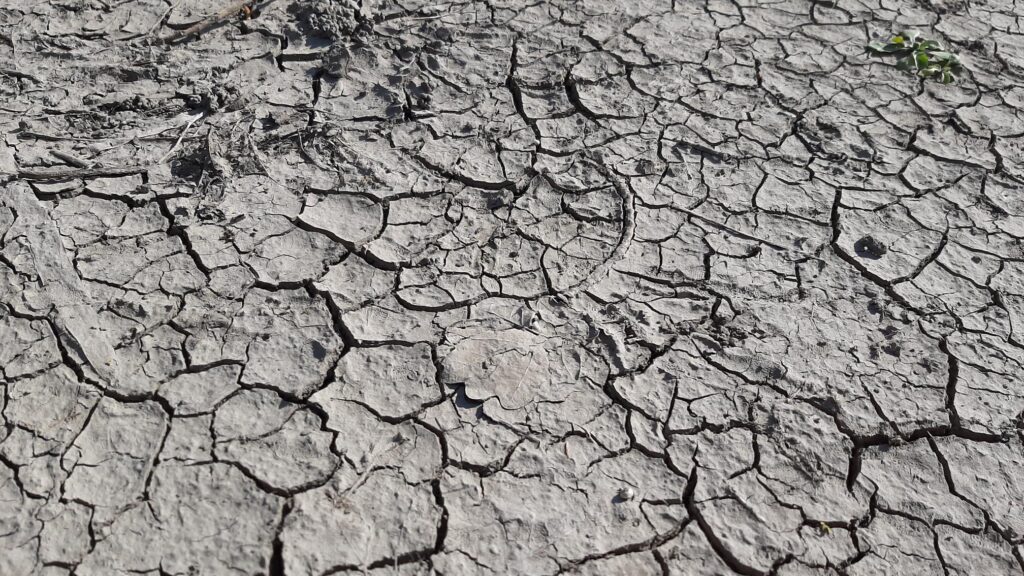Crisis do many things, one of them is teaching.
They are moments during which change is being forced on those involved. Our astonishment leads us to look back and think about the paths leading to the crisis. Our will to survive leads us to engage with the situation and invest in a search for alternatives.
Claire Pointing shared such an analysis, focusing on the meaning of work as it has changed over the last 40 years. Her piece allows for an inner view on the pursuit of the short term gain leading to an economy and society that now resembles a house of cards.
Looking at it from a longer-term perspective it seems that the Roman patronage system evolved along with history while regularly adapting the reciprocity ethics of the system. Naturally, the context also shifted, the last of which is the industrial revolution establishing the systems of scalability and process orientation. Workers could now contribute to something larger than themselves and take up a small part of the work within the process of value creation. They shifted from handling the process on their own to become a part of it. To ease that shift, education reinforced the idea that one person could hold the knowledge which others then had to use to be able to participate.
The shift to process orientation transformed the idea of individual responsibility and ability to tend to one’s future.
The installment of scalability established measurement and the ideal of performance as a path towards belonging.
Since then, the idea of the self evolved to include a desire for meaning. It generated a search for purpose, calling, or personal why that changed the idea of what meaningful is.
Meaningful seems to have become an idea to have visibility and impact at scale.
With the digital world at hand and an ability to create presence via social media at a previously unimaginable scale, mainstream meaning has become measurable via clicks.
Focus shifts. Meaning shifts.
What doesn’t change is the need to organize ourselves as a group. To live in an environment that allows for satisfaction of our needs. To feel a sense of belonging. To create a sense of welcoming. To have a sense of agency as a group.
It’s a posture of care we take up. It describes our attitude towards others, life, and ourselves.
Reading Claire’s piece yesterday I had a sense of collective carelessness. I think that what I wanted to describe with that idea is how the pursuit of focus and meaning as given by others disconnects us from a posture of care. By leaning into an overwhelm of expectations simple truths disappear out of sight.

